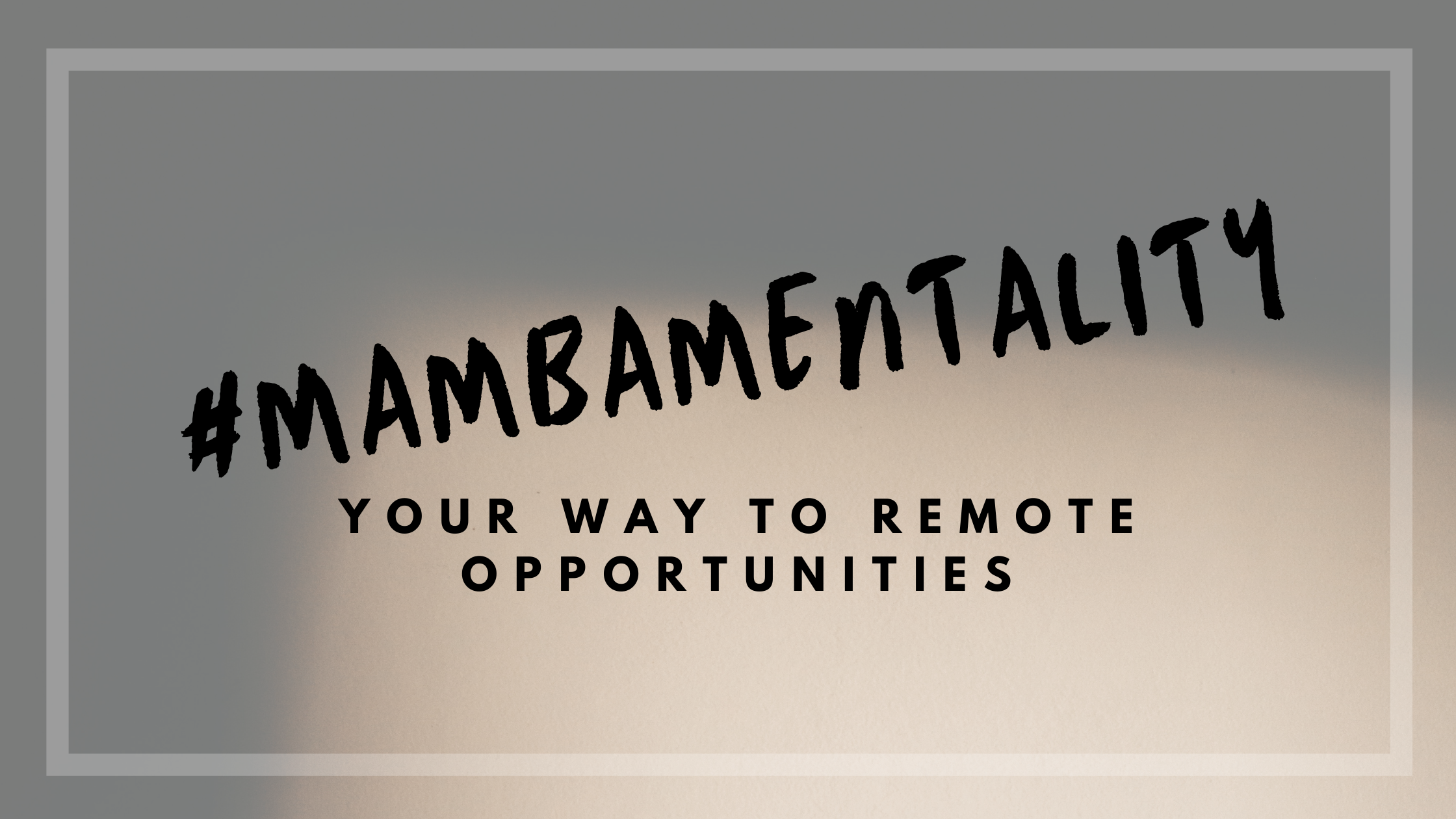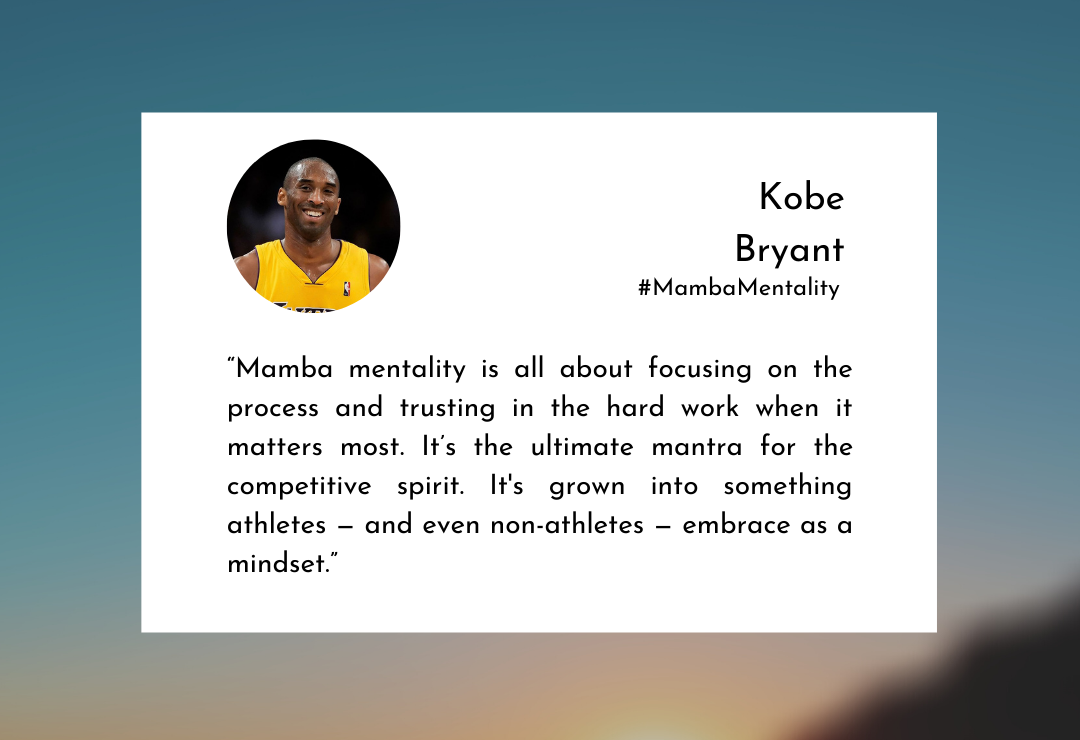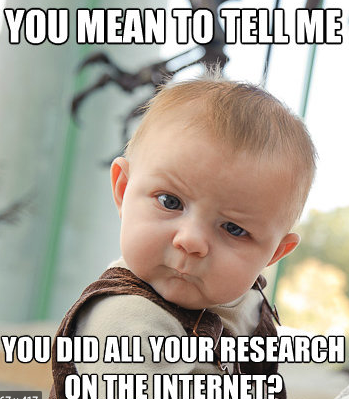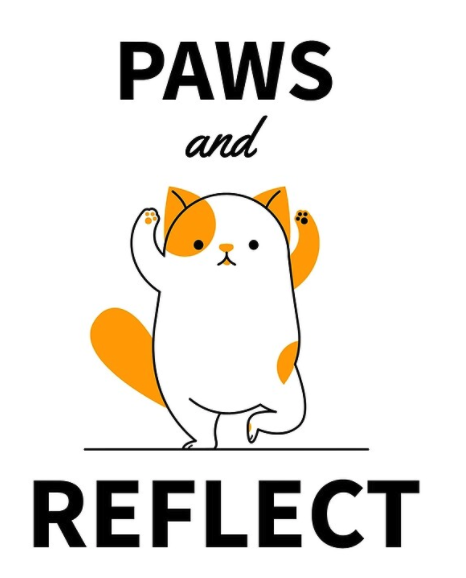
For my first two years at the U of A, I was not an engaged student. I would go straight to class, maybe hang out with some friends on campus, then go home. No more, no less. I remember sitting in Tory lecture, CCIS, and Education watching presentations before lectures began about student opportunities, and totally tuning out the presenters. I also remember going to information sessions with my friends just for the pizza, then leaving. I thought that university was just to land a decent job and the extracurriculars really didn’t do anything for you. As the years passed, I began to realize how unhappy I truly was with just going to classes. Having realized that, I decided to join Arts Work Experience in my third year. Three months after starting at my placement, I joined the OASIS student group and started writing for this blog. I went from not being sure what major I wanted less than two years ago to now, where I am focused on squeezing in as many opportunities as I can before I graduate.
Although we find ourselves in the midst of a global pandemic and nothing really seems “normal,” this doesn’t mean we should stop pursuing short or long-term goals. THE GRIND NEVER STOPS (mostly). Here are 5 steps to #mambamentality your way to taking advantage of opportunities while doing school remotely.

Step # 1: Have an open mind and stay curious

Don’t discount any opportunity by its name, what you have heard, or what you assume initially. Think about the benefits of each opportunity, then see how you can make it work for you. You can’t really judge its value before actually learning about it. I say this so you won’t become like me. I immediately saw no value in things I really had no idea about. I remember listening to a presentation on study abroad and thinking: why would I leave my country, family, and job just to go pay more tuition to study in another country? I had reached conclusions before the presenter had moved to slide #2. What I didn’t think about was the experience of living in another country, getting a certificate in international learning, scholarship and funding options, and how much employers actually valued someone with lived intercultural perspectives and opinions. Keeping an open mind will help you not judge a book by it’s cover and get accurate information to make an informed decision
[Editor’s note: While study abroad opportunities are on hold for now, students can still have a global learning experience with these programs from U of A International.]
Step # 2: Know your interests
What makes you happy? What are your goals? Removing money and extenuating life circumstances out of the picture, what is it that you truly want? Answering these questions on the spot is difficult. I personally don’t even have an exact answer to these yet. So if you have no idea, start asking yourself: what can I tolerate and what can’t I stand? While identifying this, keep Step #1 in mind. For me, I grew up hating English as a subject. I couldn’t stand essay writing and reading boring stories — and don’t even get me started with Shakespeare. But now I have a communications internship, do communications for OASIS, and write for a blog. Fun fact: I still hate taking English courses. What I did discover is that I like writing to help others, I find writing therapeutic for myself, and I find writing challenging (in a good way) when I like the given constraints (not an English class). The key here is to find something where you are excited by the challenge and start exploring it more.
Step # 3: Do your research

Don’t listen to everything anyone says (both good and bad). Take time and dive deeper into these opportunities and find out reasons to both take part or pass on the opportunity. Set out with an open mind and know your interests so you have a foundation for what you will be searching for. For example, the very first opportunity I took part in was joining Arts Work Experience. I had seen their presentations and posters, and went to their information sessions just for the pizza. But I had never thought to apply. One day, in all honesty out of boredom, I googled “Arts Work Experience UAlberta”. I found the website and my research commenced. It wasn’t anything formal, just reading about what it is, what the benefits are, and the experiences of other students. Then I started asking myself the bigger questions like, what will this do for me after graduation? How can this help me achieve my long-term goals? When I thought I “knew it all” I forced myself to learn 3 different things each day for 3 days which made me really dive deep into answers I didn’t necessarily know I had questions about. Researching something you are interested in can be an exciting process, so do set the time aside to do it. I decided to apply to Arts Work Experience because I wanted to be sure that my majors were really for me. I wanted to try out an experience where I could apply my classroom learning to the workplace so that I would be able to confirm my passions and preferences. In addition, graduating with experience will make the initial job hunt post-graduation easier.
Step # 4: Take Tangible Steps
Figure out what this looks like in your day to day life. Come up with realistic, actionable, and achievable steps so that you aren’t being overwhelmed (that’s not the point). Make sure your goals are measurable and set deadlines while not getting into the habits of collecting red flags. Move forward in such a way that you are happy to incorporate it into your life. For me, I was excited and happy at the prospect of getting an Arts Work Experience placement so much so that when I outlined steps and timelines for myself, I couldn’t wait to undergo the steps. I started my co-op placement in May 2020 and have been working remotely ever since. My experience has actually been more valuable remotely because of how independent I have become. Check out Starting My Co-op From Home to read about my experience in the first two weeks.
Step # 5: Reflect

Once it is all said and done, the best way to figure out what you learned is through reflection. You may have learned a lot about yourself and what you want out of life. What does this mean for you moving forward? These are experiential learning opportunities so one of your goals is to take your classroom knowledge into the opportunity. How did that turn out for you? How did this opportunity change or impact your goals? This is a matter of taking a step back and figuring just thinking. Answers may not come right away but more than anything, ask yourself how have you grown.